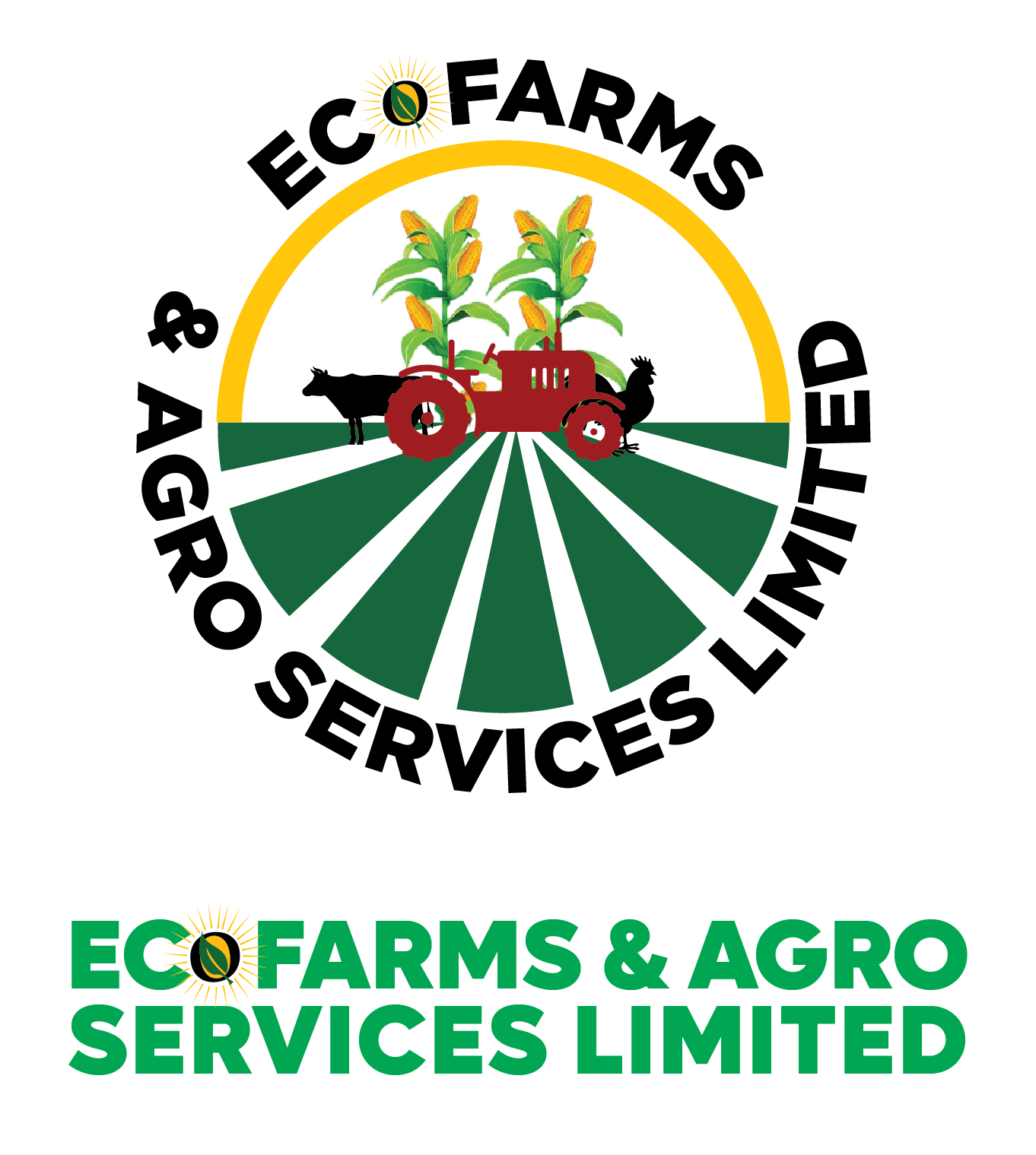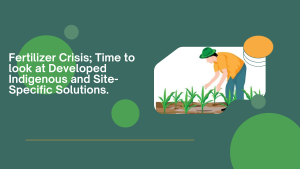Farming is an investment. A farmer invests in inputs, labor time and the land with the expectation of profit… a seasoned stock broker or businessman wouldn’t put money into an investment they aren’t certain of, they would certainly do all that they could to find out just how profitable a potential venture or investment would be, before diving in. As a farmer, you should be interested in a way to determine potentially, how productive the land you intend on planting is. You should be able to tell its health and quality. These informations then guides you and your local crop adviser on ways to increase the productivity of your field,

Is a Soil Test Worth It?
Soil testing refers to various analyses carried out on soil for a few possible reasons.The most prevalent of which is to estimate the available concentrations of plant nutrients, so as to be able to recommend the fertilizer choices, dosage and mode of application that would be best for a specific farming endeavor. Soil tests involves taking soil samples and using those samples to determine pH levels in the soil, soil organic matter content, plant growth nutrient levels potential and possible inhibitions to plant growth like the presence of non-essential trace minerals, and so on. Soil testing is essential because of the benefits that it provides to modern agriculture. With rising cost of energy and inputs, farmers do not have the luxury of wasting any resources. A soil test gives you the precise data you need to make an informed decision.

The Undeniable Vitality of the soil
The soil is the cornerstone of a healthy agroecosystem. It is the reflection of the productive potential of an environment. A healthy and thriving agriculture that guarantees zero hunger must include all practice that ensures accuracy, productivity and higher yields. Hence it is essential that a soil analysis is regularly carried out.
Benefits of Carrying out an Agricultural Soil testing
- Optimize crop production
Soil testing makes it possible for farmers to increase yields by providing the necessary information for crop care and management, as well as the amount of resources that need to be expended in order to achieve the best results.
- Protect the environment from the negative effects of excess fertilizers
Excess presence of fertilizer can adversely affect plant productivity due to factors such as bio-accumulation of heavy metals, eutrophication and accumulation of phosphate and nitrate, etc. Soil testing can eliminate the overuse of fertilizer and prevent issues such as those mentioned above.
- Cost reduction through applying only the required amount of fertilizers
Fertilizers are used to increase plant productivity and are quite valuable in the agricultural market, as a result they can be quite expensive to acquire. With the help of soil testing, fertilizer can be used more efficiently so as to improve the quality of the soil, as well as reduce the expenditure that comes from the use of fertilizer.
In modern agriculture, soil testing stands out as an efficient way to reduce risk, manage resources and optimize yield all at the same time and has become an invaluable tool in the shed of many forward thinking and strategic farmers today. The average farmer’s productivity in developing nations in Africa lags as clearly expressed in poor yields. In Nigeria and most of sub-Saharan Africa, cereal and tuber crop yields per acre are far less than one-half of the global average, hence farmers put in so much resource and harvest less.
Take Action Today!
Take advantage of our exclusive soil testing and advisory services today by connecting with our soil experts and local field advisors for an exclusive offer.




